
The Netflix horror film Time Cut immerses viewers in a gripping narrative centered around science enthusiast Lucy Field, portrayed by Madison Bailey. Haunted by the tragic death of her sister, Summer Field (played by Antonia Gentry
Initially skeptical about the time travel concept, I found myself thoroughly captivated by Time Cut. Its unique blend of horror and nostalgia resonates especially with fans of the genre, particularly as Halloween approaches. Here, I’ll outline the elements that make this film a must-watch.
Why Time Cut Captivated Me
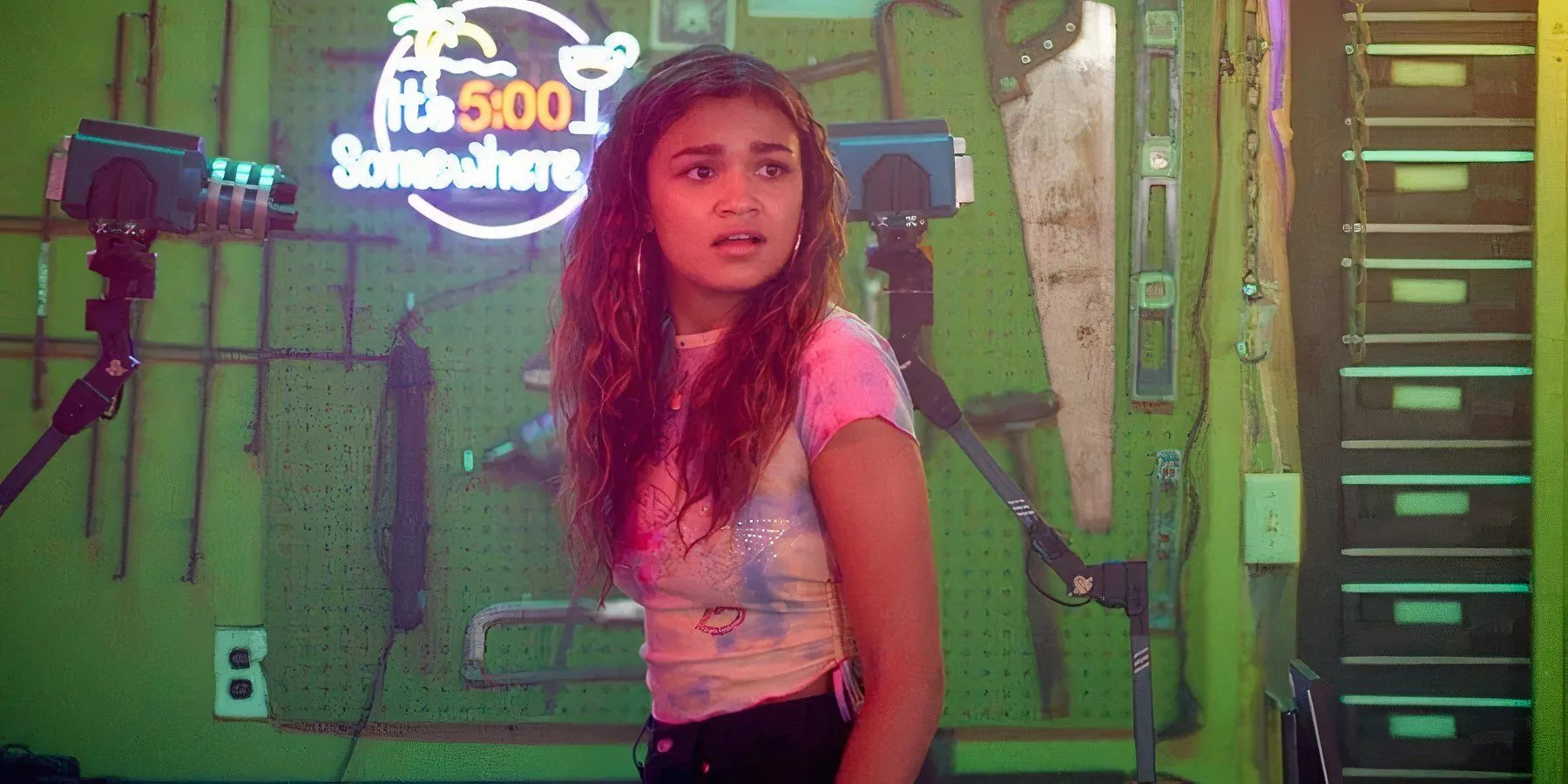
I was pleasantly surprised by the depth of characters such as Lucy, Summer, and Quinn (Griffin Gluck). Their chemistry stems from shared feelings of loneliness and misunderstanding. Lucy, trapped beneath the shadow of her sister’s tragic demise, yearns for acceptance. Meanwhile, Quinn grapples with unreciprocated feelings for Summer, highlighting their struggle for genuine friendship.
One significant aspect of Time Cut is its inclusion of a heartfelt LGBTQ+ love story. The relationship between Summer and Emmy (Megan Best) illustrates a crucial need for representation within the horror genre. Emmy’s emotional letter, which reveals her anguish over the secrecy of their love, adds layers to the storyline. The film culminates in a satisfying rescue for Lucy, resulting in a bittersweet reunion for Summer and Emmy, showcasing love amidst horror.
Another engaging feature of Time Cut is its nostalgic 2000s setting. As someone who grew up during this era, it was delightful to revisit the iconic fashion, including crop tops and Ugg boots, and enjoy songs like “Complicated”by Avril Lavigne and “A Thousand Miles”by Vanessa Carlton. A memorable scene occurs when Lucy walks through her high school, shocked by the bygone styles. Incorporating Hilary Duff’s “So Yesterday”into the soundtrack was a clever nod to the time period, effectively capturing its essence.
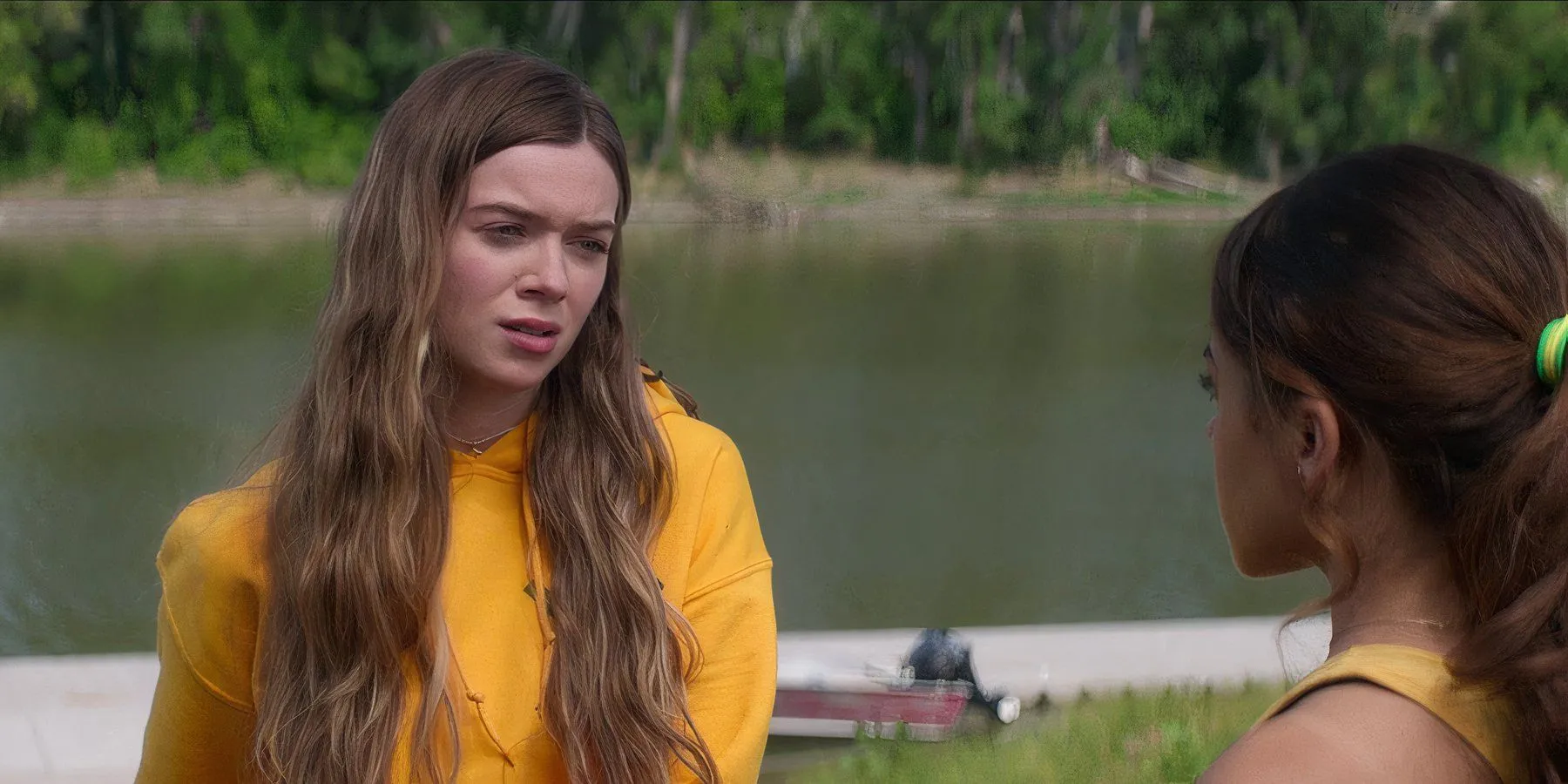
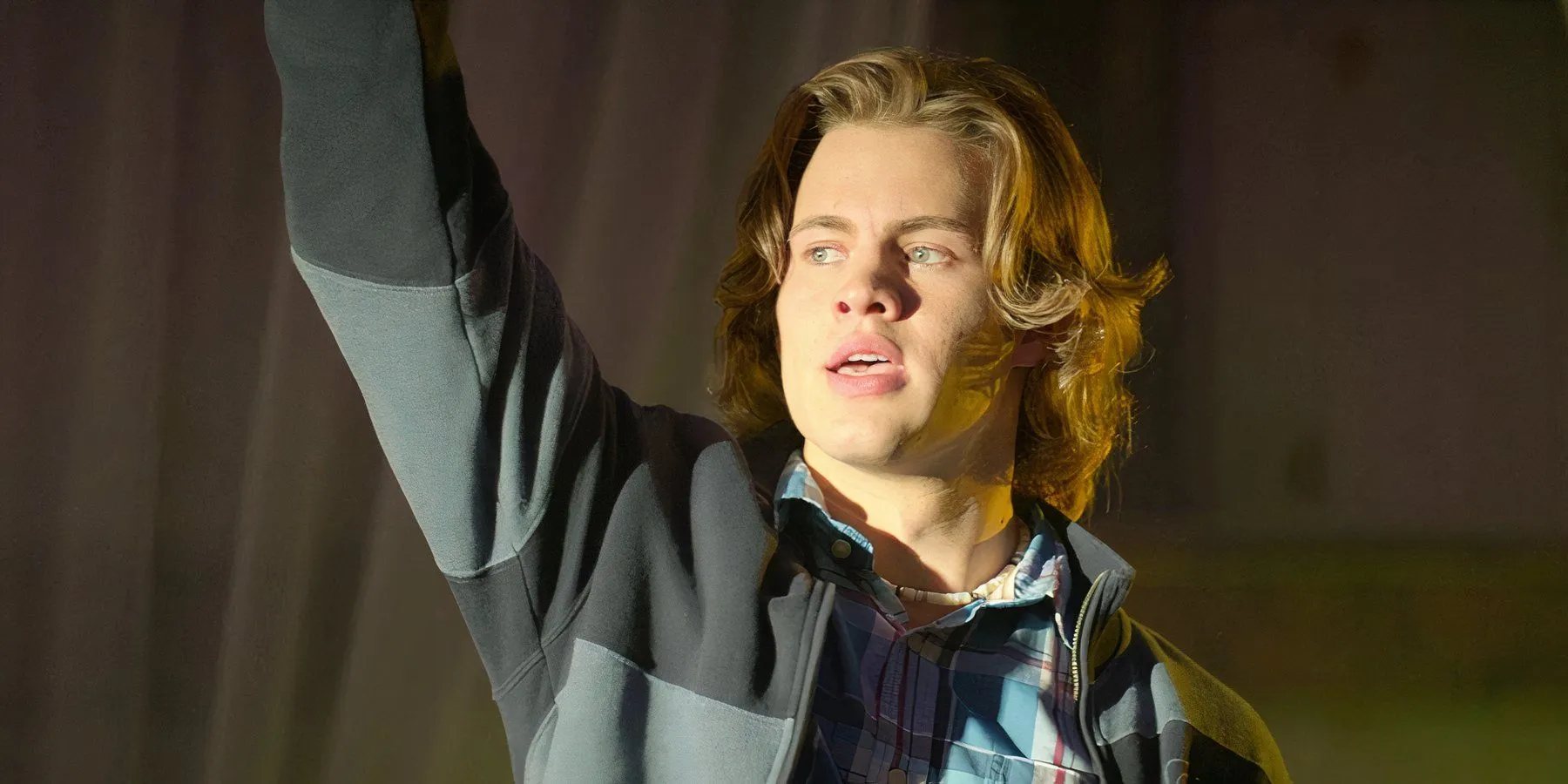
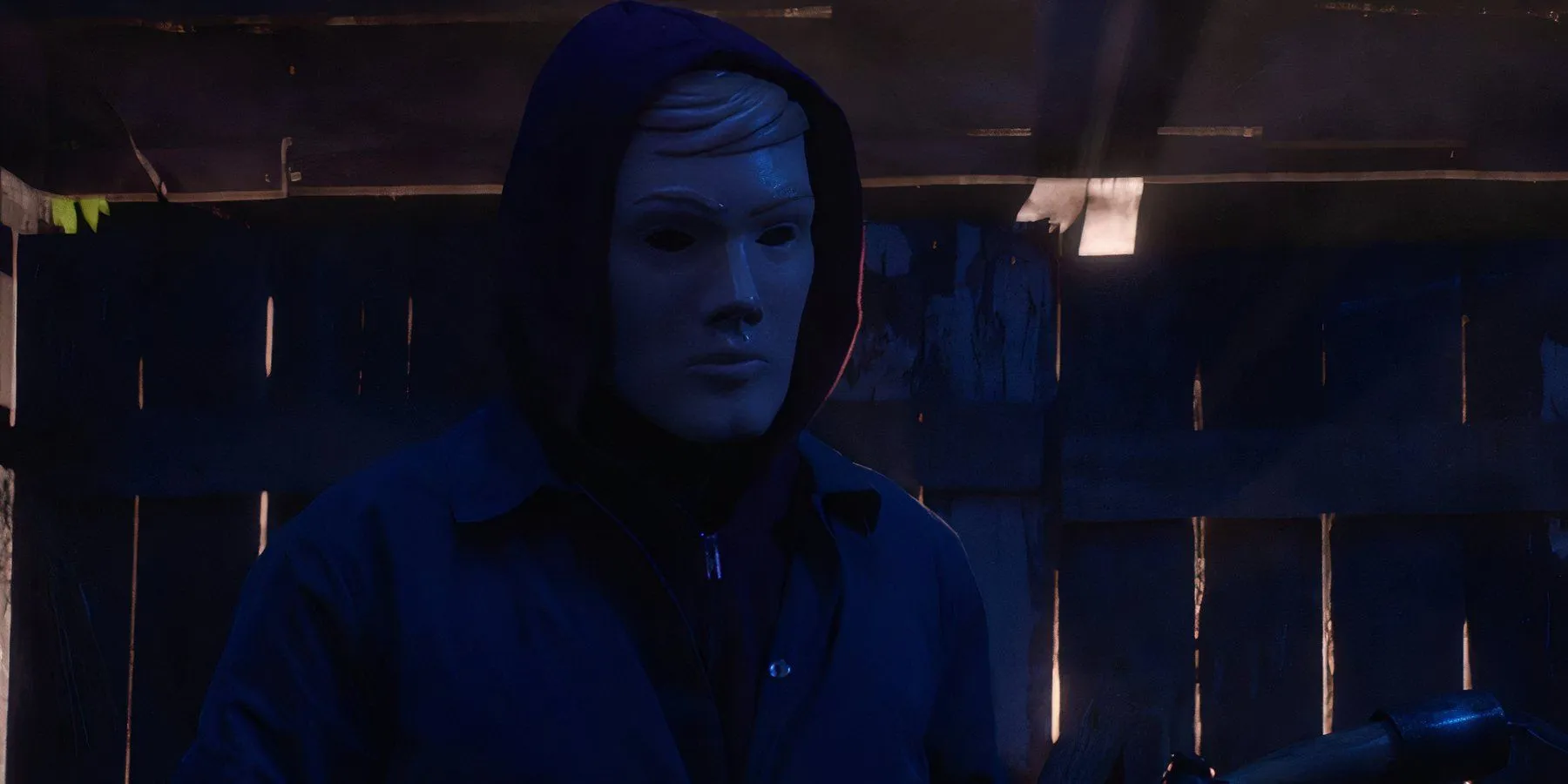
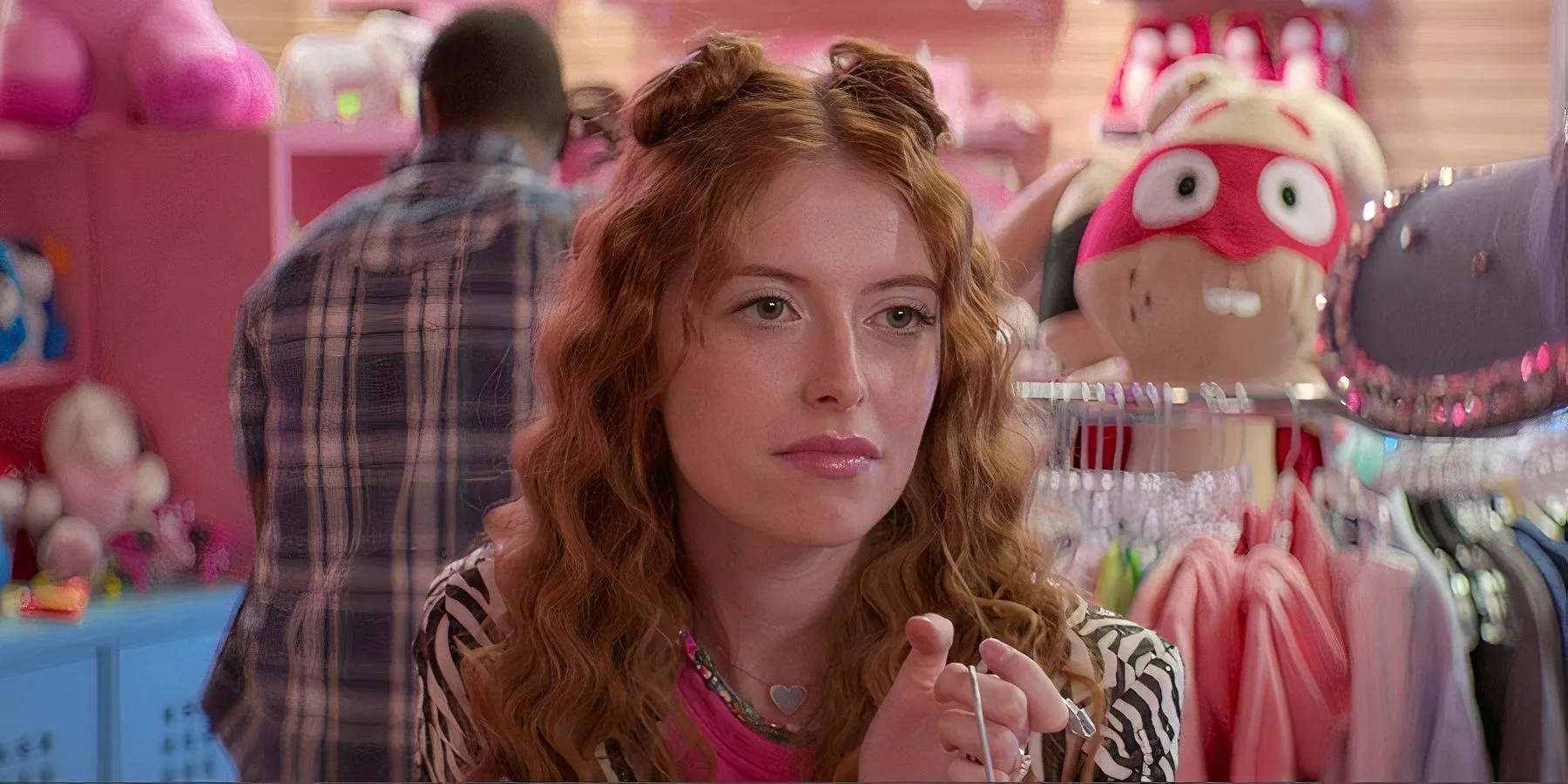

Despite my initial hesitations regarding the handling of time travel, Time Cut pleasantly surprised me with its thoughtful engagement with paradoxes. Echoing themes from classics like The Butterfly Effect, it explores how altering the past can have unforeseen consequences. Lucy’s courageous choice to save Summer over preserving her own life exemplifies her growth and selflessness.
While some may deem the film’s conclusion somewhat formulaic, I find solace in the peaceful ending where Summer and Lucy finally embody the sisterly bond they were deprived of.
Insights from Director Hannah Macpherson
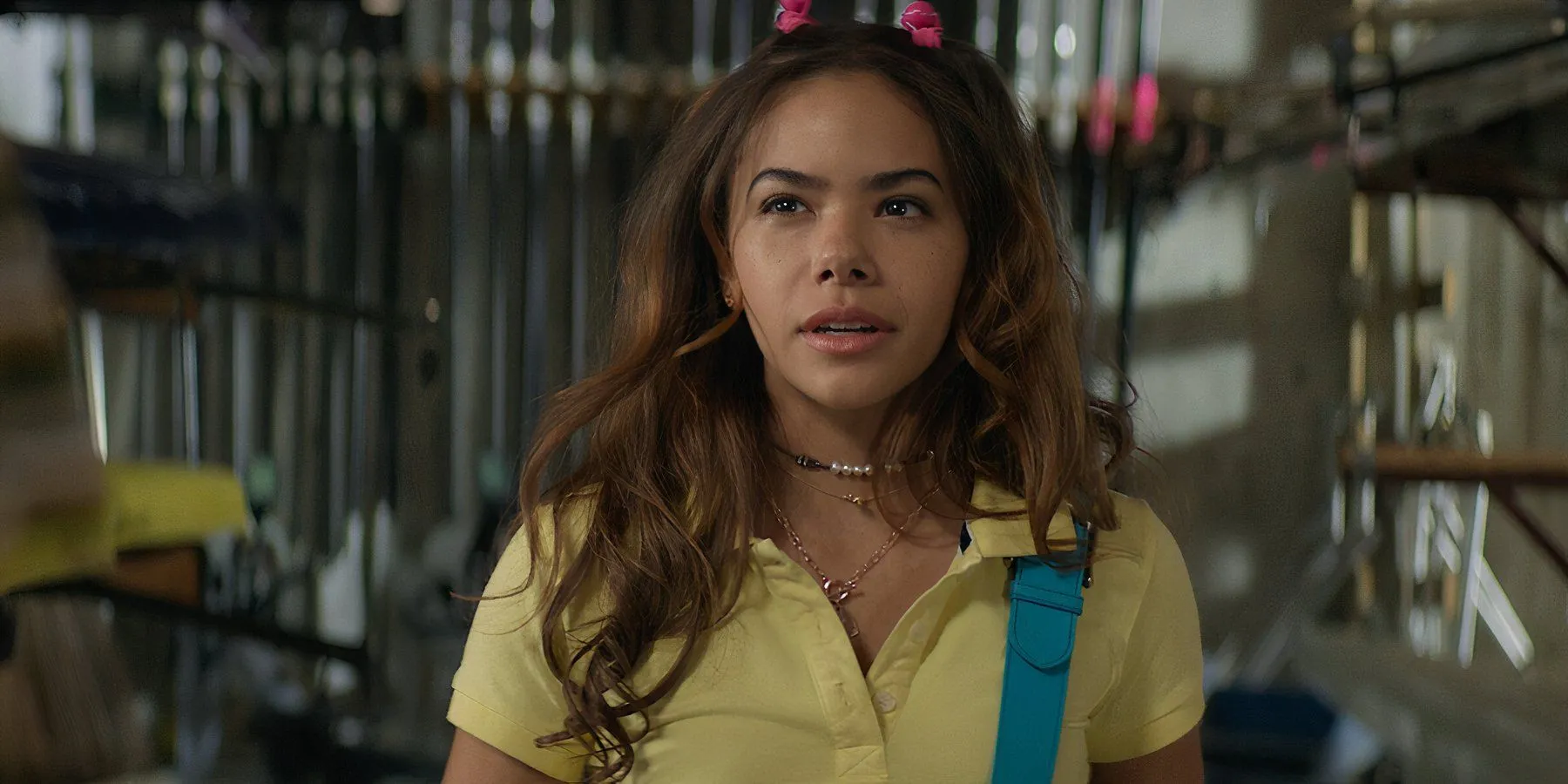
In various interviews, director Hannah Macpherson has elaborated on the emotional core of Time Cut. She remarked on the heart-wrenching dynamics between Lucy and Summer as they navigate their fraught relationship triggered by time and violence:
“It was like this love story of two sisters who are torn apart by time and violence, and to see them come together and then both have to sort of come to terms with what they would be willing to sacrifice for the other, it just broke my heart.”
Macpherson noted that the portrayal of tragic familial experiences is often overlooked in traditional slasher narratives, which is why Time Cut resonates with audiences. While many beloved slasher films focus on superficial aspects, this movie delves deeper into the emotional repercussions of trauma. Lucy’s journey of self-discovery uncovers painful truths about her family’s history—chiefly, that her existence is intricately tied to Summer’s horrific fate. This complex theme adds a poignant layer that stands out in the horror genre.
Having viewed Time Cut, I eagerly anticipate future projects from writer Michael Kennedy and director Hannah Macpherson, as this film has left a lasting impression.




Leave a Reply